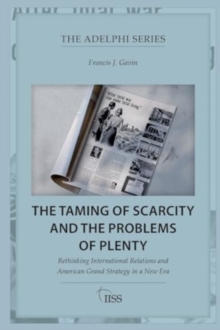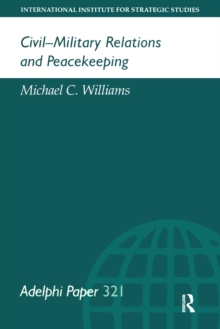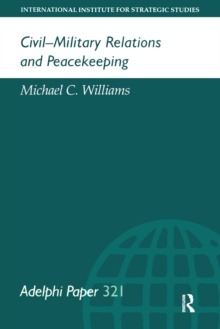
EPUB
Description
In December 2003 the British government announced that within a few years it would need to take decisions about the future of Britain's strategic nuclear deterrent.
Exactly three years later, its plans were revealed in a White Paper.
The existing Trident system is to be given a life-extension, which includes building new submarines to carry the missiles, costing £15–20 billion.
Britain has a substantial nuclear legacy, having owned nuclear weapons for over half a century.
The strategic context for the deterrent has changed completely with the end of the Cold War, but nuclear weapons retain much of their salience.
This Adelphi Paper argues that it makes sense to remain a nuclear power in an uncertain and nuclear-armed world.
Given that deterrence needs are now less acute, but more complex than in the past, the paper asserts that deterrence also needs to be aligned with non-proliferation policies, which seek to reduce the scale of threats that need to be deterred.
Somewhat overlooked in current policy are appropriate measures of defence, which can raise the nuclear threshold and, if required, mitigate the effects of deterrence failure.
It concludes that the government's decisions about the future form of the deterrent are very sensible, but cautions that they still need to be integrated into a broader policy that embraces diplomacy, deterrence and defence to counter the risks posed by nuclear proliferation.
Information
-
Download - Immediately Available
- Format:EPUB
- Pages:99 pages
- Publisher:Taylor & Francis Ltd
- Publication Date:13/05/2013
- Category:
- ISBN:9781134974689
Other Formats
- Paperback / softback from £24.99
- PDF from £22.49
Information
-
Download - Immediately Available
- Format:EPUB
- Pages:99 pages
- Publisher:Taylor & Francis Ltd
- Publication Date:13/05/2013
- Category:
- ISBN:9781134974689










